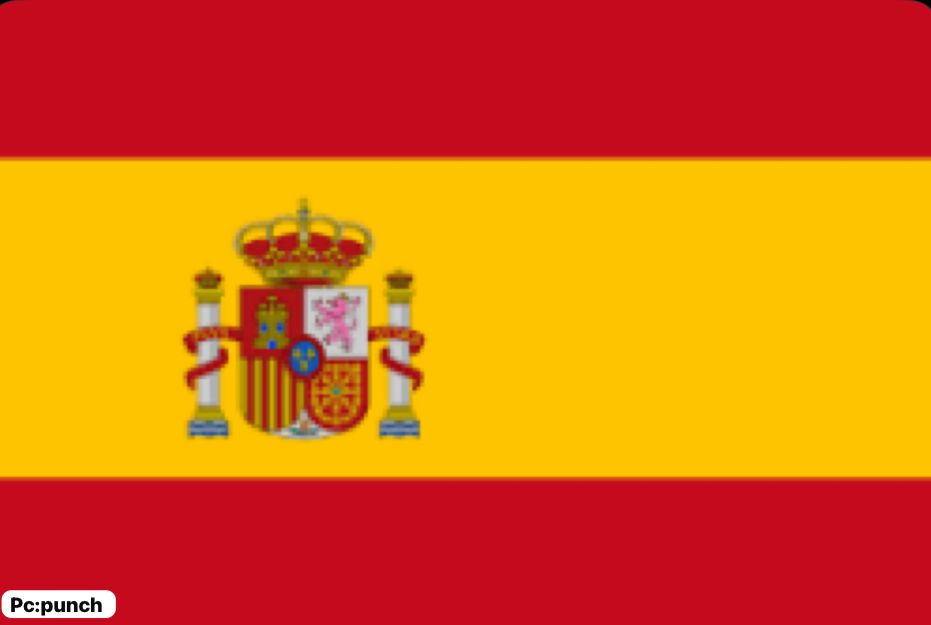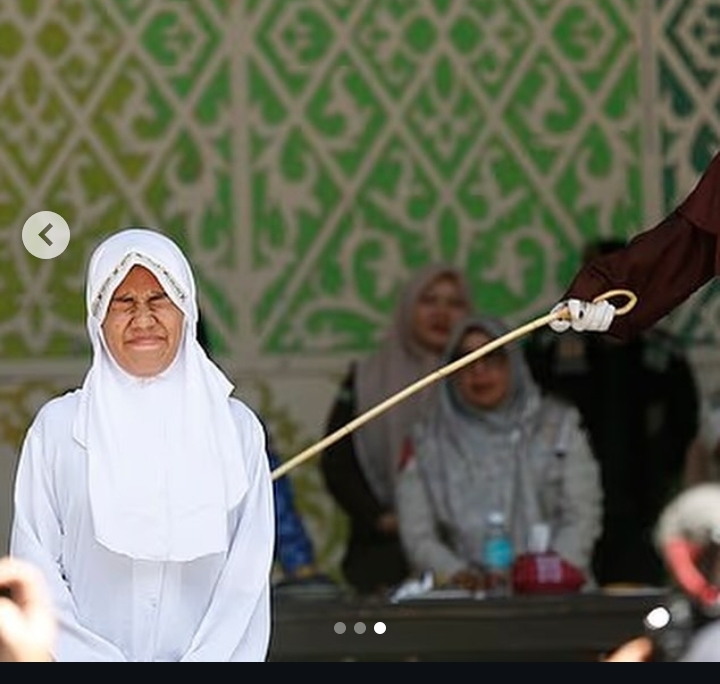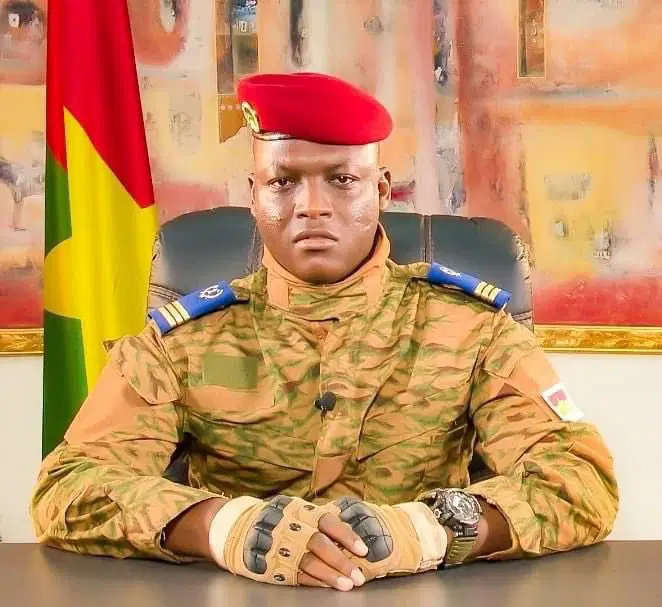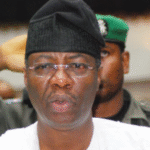Sweden’s Prime Minister, Ulf Kristersson, has raised concerns that Russia is the most probable actor behind a series of drone incursions that have disrupted air traffic and intensified security alerts across parts of Scandinavia in recent days. Speaking in Stockholm on Monday, Kristersson said the drone activities appeared to be part of a deliberate and coordinated campaign, adding that the pattern of events strongly suggested a link to Russian state-backed operations. While he stopped short of presenting specific evidence, the prime minister maintained that the incidents aligned with Moscow’s known tactics of hybrid warfare, designed to create insecurity and test the preparedness of European nations. The comments come after several airports in Denmark were forced to suspend operations last week following drone sightings in restricted airspace. Copenhagen and Billund airports were among those affected, leading to temporary flight disruptions and heightened security measures. Similar drone activity has also been reported in Sweden and Norway, prompting officials across the region to strengthen surveillance and tighten regulations on civilian drone usage. In response, Sweden announced plans to deploy anti-drone radars and interception systems to Denmark, in a show of regional cooperation aimed at safeguarding critical infrastructure and ensuring the safety of upcoming European Union meetings. Kristersson emphasized that Nordic governments, alongside NATO and EU partners, are working closely to improve drone detection capabilities and counter emerging aerial threats. “These incidents are not accidental,” Kristersson said. “They reflect a systematic effort to destabilize, to cause confusion, and to undermine confidence in our security systems. It is reasonable to assume that Russia is behind these actions.” Denmark’s Justice Minister, Peter Hummelgaard, described the incursions as part of a wider pattern of hybrid threats facing Europe, stressing the importance of intelligence-sharing and coordinated defence strategies. He noted that investigations into the incidents are ongoing, but declined to reveal further operational details. The events have renewed calls within the European Union for a comprehensive strategy to protect against drone threats. Defence ministers have been discussing a joint approach to create what some officials have termed a “drone wall” across vulnerable borders, with NATO also increasing air patrols and surveillance in the Baltic region. Moscow has consistently denied involvement in operations targeting European airspace and infrastructure. However, analysts point out that the drone flights bear similarities to Russia’s hybrid tactics, which often employ covert, low-cost methods to disrupt and probe adversaries while avoiding direct confrontation. The incursions come amid heightened tensions in Europe, as Russia escalates missile and drone strikes against Ukrainian cities. Security experts warn that even small, unarmed drones can cause major disruption by forcing the closure of airports and diverting flights. Authorities in Scandinavia have urged calm while investigations continue, assuring the public that additional protective measures are being put in place. They also reiterated calls for drone operators to comply strictly with temporary restrictions around airports and government venues. Officials say that if concrete evidence emerges linking the incursions to a state actor, the matter could escalate diplomatically. For now, the priority remains securing airspace and ensuring the safety of both travellers and international delegations expected in the region over the coming weeks.










